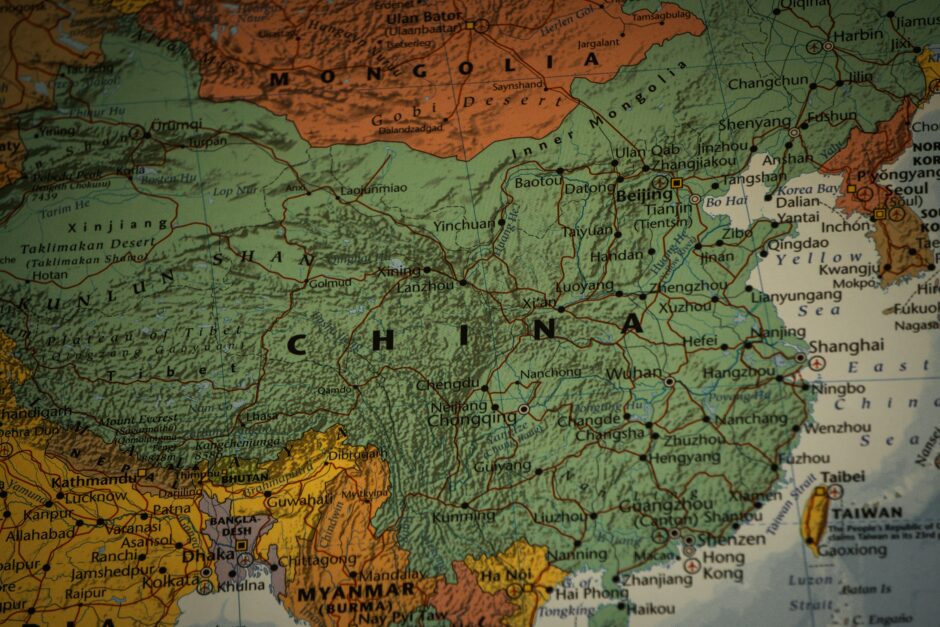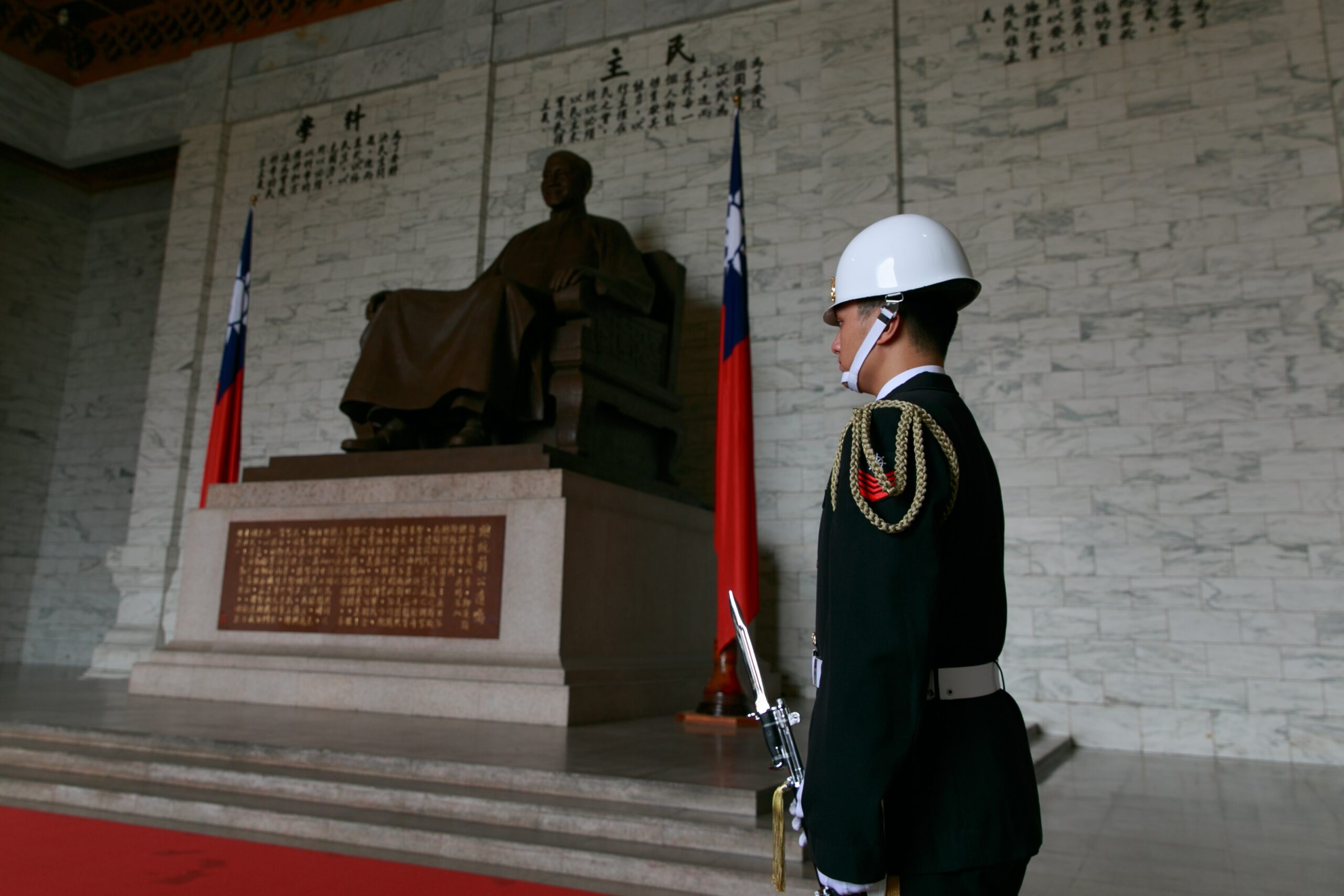After 8 years of Tsai Ing-wen, unable to stand for another re-election due to term limits, Taiwan stood at another crossroad as it faced yet another crucial and high-stakes election. Just as in 2016 and 2020, Beijing ramped up its pressure on the island, going as far as to warn Taiwanese voters to “make the right choice” ahead of the election. Tsai’s Vice President, Lai Ching-te, also known as William Lai, stood as the candidate for the ruling Democratic Progressive Party. Lai and the DPP, heading the “Pan-Green” coalition, with leanings towards the pro-independence camp. He faced off against Hou Yu-ih and Ko Wen-je, the candidates for the Kuomintang and Taiwan People’s Party respectively. Hou and the KMT/”Pan-Blue” coalition traditionally favors closer ties to Beijing, while Ko focused his campaign on providing a middle-road alternative to the Pan-Green and Pan-Blue divide. Thus, Beijing made no secret of their preferences in the January 13th vote, framing it as a choice between “peace and war, prosperity and decline”.
Much to Beijing’s chagrin, as the votes rolled in, the ruling DPP and Lai Ching-te emerged victorious yet again. While far from the landslide victories Tsai Ing-wen enjoyed in 2016 and 2020, Lai’s victory highlights Taiwan’s deepening self-identity and rejection of Chinese Communist Party rule on the mainland. Polling demonstrates that a growing majority of people, over 60%, identify solely as “Taiwanese”, as opposed to only 30% identifying as both “Taiwanese and Chinese” and the share of respondents who identify as solely “Chinese” has shrunk and plateaued near 2%. These identities also tend to influence voting patterns, with younger voters, who identify more as Taiwanese, overwhelmingly voting for the DPP. While Tsai won every age group in the 2020 vote, she vastly outperformed her opponents in the youngest age groups with as much as 74% of the 20-29 vote. The results of the 2024 election are still fresh, however it is likely that her successor Lai has not enjoyed similar numbers given his lower vote share in the three-way race. Winning the election with only 40.1% of the vote is also bound to complicate his mandate to govern, especially as the Legislative Yuan is facing a potential deadlock with no party able to secure a majority. Nonetheless, Lai’s victory is significant as Taiwan seeks to shape its role not only in the region but also in the world.

The elections also have significant consequences for cross-strait relations. If the 2016 and 2020 elections are any indicators, it is likely that Beijing will seek to flex its muscles and strengthen its pressure on Taiwan. When Tsai Ing-wen was first elected in 2016, Beijing responded by cutting off communications and increasing economic and military pressure on the island over the next years. To add to the tensions, Lai, just like Tsai, has been openly criticized by the mainland regime and labeled as a troublemaker. It is likely that Beijing will respond in a similar manner and continue its aggressive rhetoric and policy, further fueling tensions over cross-strait relations. The Taiwan Strait has become one of the world’s most active geopolitical hotspots and the potential for confrontation remains possible. Beijing, which claims the island, has ramped up its calls for reunification, threatening the use of military force if necessary, and it would not come as a surprise to see these threats continue in the coming years. The vast majority of Taiwanese, however, reject reunification with the mainland, and less than 10% view Beijing as trustworthy.
Maintaining the status quo in the Taiwan Strait has been a key issue in the elections; all candidates had claimed commitment to the status quo but differed in how to achieve it. The DPP, especially under Tsai’s presidency, while having a pro-independence attitude, has stated that formally declaring independence is unnecessary as Taiwan is essentially independent. Such statements largely fall in line with the general public opinion that favors the status quo while overwhelmingly rejecting unification. Lai, now President elect, has also moderated his views over time from being an ‘activist for Taiwanese independence’ to being in favor of the status quo, at least temporarily. The younger generation however, whose Taiwanese identity is more prevalent, demonstrates a strong tendency to support eventual formal independence. Beijing’s threats, whether being harsh diplomatic rhetoric or actively conducting military ‘exercises’ in and around the strait, ultimately seem to backfire. Public trust in the mainland is at an all-time low, and threats regarding its elections seem to have minimal effect on electoral outcome. A DPP candidate has secured victory for a historic third consecutive time, demonstrating that Beijing’s coercive pressure under Xi Jinping has repeatedly failed to dissuade Taiwanese voters from aligning with the DPP and rejecting unification.

These developments do not exactly come as a surprise either. Taiwan has been governed separately from the mainland for more than 70 years and following the end of Kuomintang imposed martial law, has enjoyed prosperous democracy since the 1990s. The brutal crackdown of pro-democracy protests in Hong Kong has also instilled a deepened aversion towards unification with the mainland, at least while it remains strictly controlled by authoritarian Communist Party rule. Taiwan’s democracy provides a bright spot in a tumultuous Asia-Pacific region increasingly subject to Beijing’s quest for regional dominance. The opposition conceding electoral losses and decades of smooth transitions of power highlight the island’s continued commitment to democracy and the rule of law.
Lai’s victory now provides a continued path for Taiwan, following in the footsteps of Tsai Ing-wen, to deepen regional and global ties with like-minded democratic states such as Japan and the United States. However, with legislative deadlock on the horizon, Lai faces a difficult task of managing and balancing Taiwan’s political affairs. Cross-strait tensions are at a potential flashpoint, and while armed conflict remains unlikely, especially as a result of renewed American (and possible Japanese) commitment to defending Taiwan and reports of military scandal on the mainland, managing the status quo will be a top foreign policy priority. The election results deliver yet another crushing blow to Beijing, which has already condemned the election and the DPP, claiming that “reunification with the motherland” is inevitable. The years ahead will be crucial for the security situation in the region, as well as the world.



